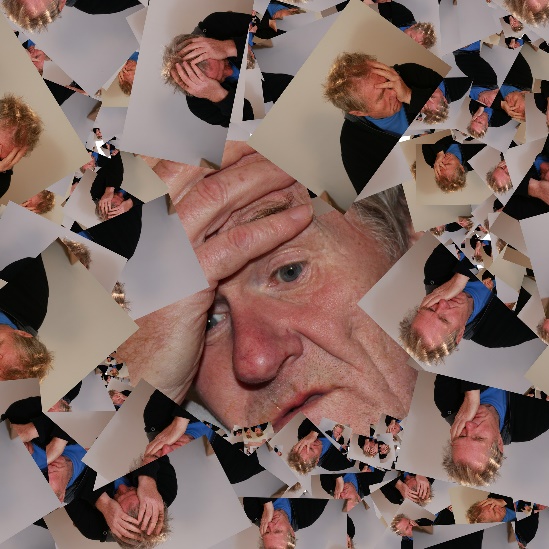
This chart will review the 7 stages of Alzheimer’s Disease progression, including symptoms, treatment examples, and video.
| Stage | Symptoms | Treatment Examples | Video |
| 1 No impairment (normal function) | The person does not experience any memory problems. Does not show any evidence of symptoms of dementia. | No treatment required | Normal function |
| 2 Very mild cognitive decline (may be normal age-related changes or earliest signs of Alzheimer’s disease) | The person may feel as if he or she is having memory lapses. -forgets familiar words -forgets the location of everyday objects. -No symptoms of dementia can be detected during a medical examination or by friends, family or co-workers. |
-Cognitive evaluation to determine level of functional impairment
-Recommendations for adaptations to compensate for higher level problem solving and organizational skills. -Evaluation and treatment of physical conditions that may be affecting cognitive status. |
A doctor explains the symptoms of mild to moderate Alzheimer’s disease. |
| 3 Mild cognitive decline (early-stage Alzheimer’s can be diagnosed in some, but not all, individuals with these symptoms) | -Noticeable word finding problems -Trouble remembering names when introduced to new people -Having noticeably greater difficulty performing tasks in social or work settings -Forgetting material that one has just read -Losing or misplacing a valuable object -Increasing trouble with planning or organizing -Family, friends, or co-workers begin to notice problems -Doctors may detect problems in memory or concentration during a detailed interview |
-Adaptations to compensate for memory loss -may be electronic if patient used electronic devices prior to onset of cognitive decline -use manual methods if patient did not use electronics -electronic planner or wall calendar -labels on cupboard, drawers and closets -pill organizers -wall hooks or basket organizers for commonly used items -Evaluation of home for safety -Family and caregiver education in functional cognitive decline, what to expect, and how to approach the patient. |
A woman with early stage Alzheimer’s looks at pictures of her old house during a therapy session. |